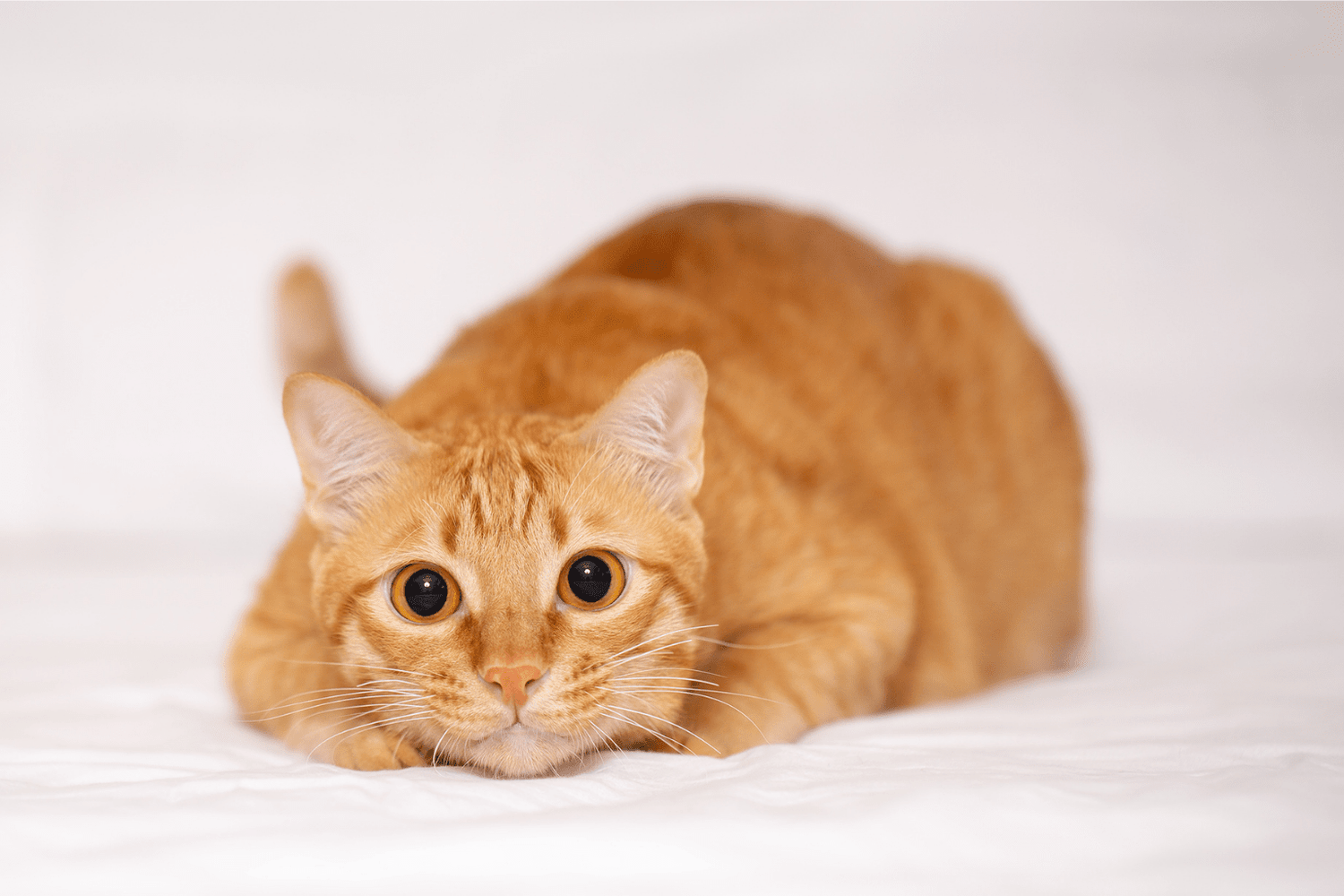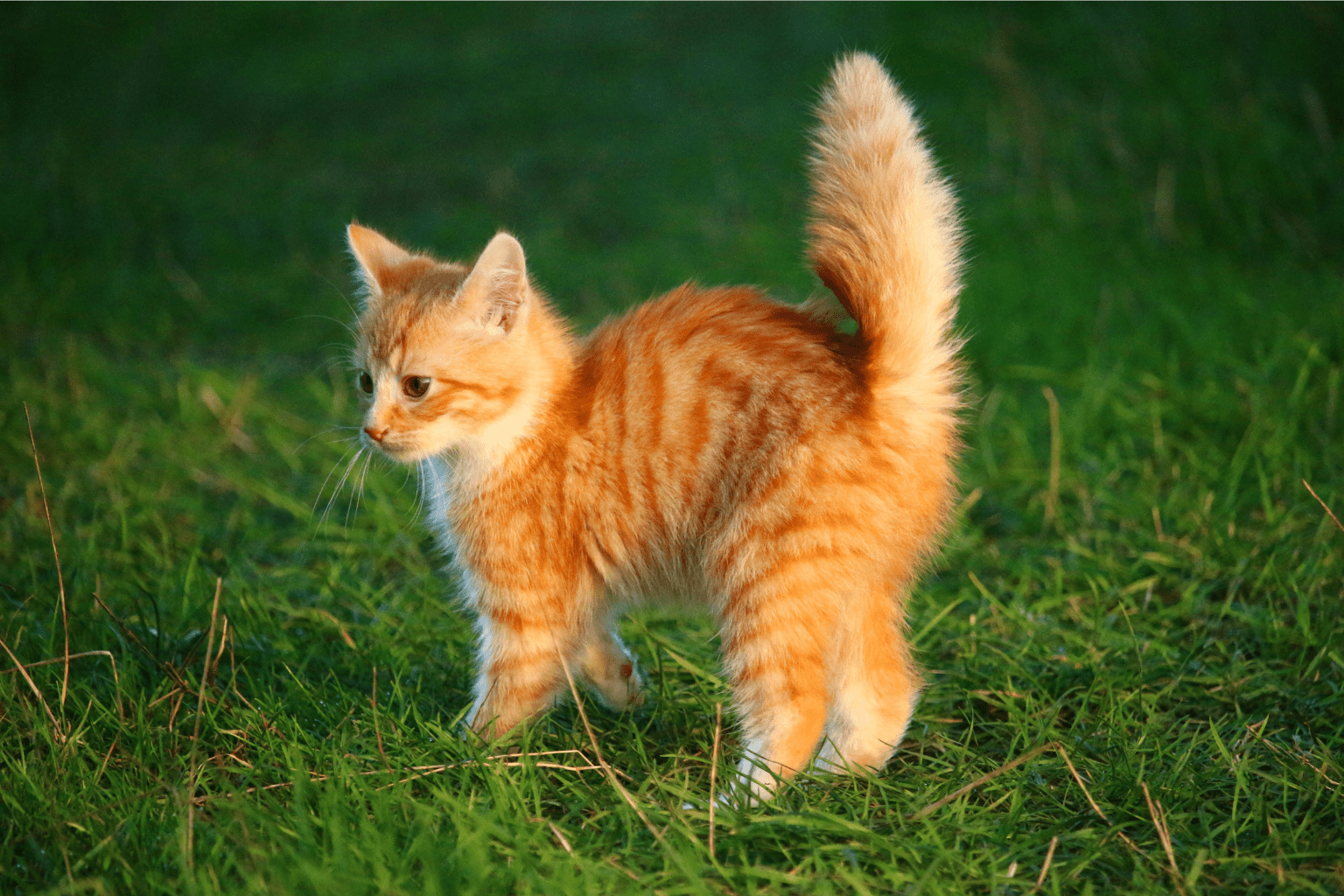Key Takeaways
- Quiet cats have naturally gentle and low-vocal temperaments.
- They prefer peaceful environments and calm interactions.
- Breeds like Persian and British Shorthair are common examples of quiet cats.
- Consistent routines and gentle care help these cats thrive.
- Natural support is beneficial when stress disrupts their calm nature.
Table of Contents
- What Makes a Cat Truly Quiet? Beyond Breed Stereotypes
- Naturally Quiet Cat Breeds: Finding Your Perfect Match
- Creating the Perfect Environment for Quiet Cats
- When Quiet Cats Need Extra Support: Natural Solutions
- Quiet Cats vs. Vocal Breeds: Choosing Your Ideal Companion
- Supporting Quiet Cats Through Life Changes
- Daily Care Essentials for Quiet Cat Breeds
- Health and Wellness Considerations for Quiet Breeds
- Making Your Final Decision: Which Quiet Cat Fits Your Life?
Quiet Cats: Natural Care Guide for Calm Companions
What Makes a Cat Truly Quiet? Beyond Breed Stereotypes
True quiet cats display soft vocalizations, relaxed body language, and an instinct for peaceful spaces rather than high-energy chaos. While breeds like Persian and Ragdoll are known for gentle temperaments, individual personality often trumps genetics, I've met chatty Persians and silent shelter mixes who embody perfect calm.
For those seeking to support their cat's gentle temperament, Pet Relax can help maintain a peaceful demeanor without harsh chemicals. If your quiet cat also struggles with allergies, consider Cat Allergy Relief & Immune Support designed specifically for sensitive felines.
Key Distinction: Quiet differs from shy (hiding behavior) or docile (overly passive). Quiet cats engage warmly but choose gentle interaction over demanding attention through loud meowing or aggressive play.
These calm companions typically seek sunny windowsills, prefer predictable meal times, and respond to stress with withdrawal rather than vocalization. Bailey, a British Shorthair in our community, exemplifies this, she greets her family with soft purrs and head bumps, never the demanding yowls her Siamese housemate uses.
Naturally Quiet Cat Breeds: Finding Your Perfect Match

While personality matters most, certain breeds consistently produce quiet cats with calm dispositions suited for peaceful homes.
Persian - The Ultimate Lap Companion
Best for: Seniors seeking gentle, low-maintenance companionship
Persians embody the quiet cat ideal with their soft voices and preference for lounging over active play. Their flat faces naturally limit loud vocalizations, though daily grooming requirements mean they're not entirely low-maintenance. These cats bond deeply but rarely demand attention through noise.
British Shorthair - Steady, Calm Presence
Best for: Busy families needing adaptable, quiet companions
Known for their "stiff upper lip" demeanor, British Shorthairs observe household activity with quiet interest rather than vocal commentary. They're robust, healthy cats who adjust well to routine changes, perfect for families with children who want a cat that won't startle easily.
Ragdoll - Gentle Giants
Best for: Homes wanting affectionate cats without vocal demands
These large, docile cats earned their name by going limp when picked up. Ragdolls communicate through gentle purring and physical presence rather than meowing, making them ideal for apartments or noise-sensitive environments.
| Breed | Vocal Level | Activity Level | Best Environment |
|---|---|---|---|
| Persian | Very Low | Low | Quiet homes, seniors |
| British Shorthair | Low | Moderate | Families, apartments |
| Ragdoll | Low | Low-Moderate | Any calm environment |
| Russian Blue | Very Low | Moderate | Single-person homes |
Creating the Perfect Environment for Quiet Cats
Quiet cats flourish in predictable, gentle environments that honor their naturally calm temperament. Simple changes transform any home into a sanctuary that supports their peaceful nature.
Position cat beds in sunny, elevated spots where they can observe safely. Use soft blues and warm golds in bedding, colors that naturally promote relaxation. Minimize sudden loud noises from TVs or appliances during their preferred rest times, typically mid-morning and early evening.
When stress does disrupt their tranquility, new homes, visitors, or schedule changes, gentle support helps restore balance. Our Pet Relax supports the body's natural ability to ease anxiety without side effects. Rachel, managing 30+ rescue cats, found these tasteless pellets easy to dose even with the shyest arrivals. Within days, nervous cats began exploring their new spaces with confidence.
If you're curious about why cats love cozy, enclosed spaces, you might enjoy reading why do cats love boxes for more insight into feline behavior.
When Quiet Cats Need Extra Support: Natural Solutions
Even naturally calm cats face stressful situations that can disrupt their peaceful demeanor. Moving homes, new family members, or illness can transform a serene companion into a hiding, anxious cat.
Traditional anxiety medications often cause drowsiness or digestive upset, the opposite of what sensitive quiet cats need. Pet Relax works differently, supporting the body's own stress-response system without harsh chemicals or side effects.
Success Story: Fiona's Russian Blue, Mist, stopped eating and hid for three days after their move. Within 48 hours of starting Pet Relax, Mist emerged to explore her new sunny perch and resumed her gentle purring routine.
Our gentle pellets contain no artificial additives and work by supporting natural stress responses rather than suppressing them. The tasteless formula dissolves easily in food or can be given directly, no wrestling with liquid medications that stress already anxious cats.
Quiet Cats vs. Vocal Breeds: Choosing Your Ideal Companion

Understanding the fundamental differences between quiet cats and their vocal counterparts helps ensure the perfect match for your lifestyle and living situation.
| Trait | Quiet Cats | Vocal Cats | Best Environment |
|---|---|---|---|
| Communication Style | Purrs, body language, soft chirps | Frequent meowing, trills, demands | Apartments vs. houses |
| Attention Seeking | Gentle presence, lap sitting | Vocal demands, following owners | Busy vs. interactive households |
| Stress Response | Withdrawal, hiding | Increased vocalization | Calm vs. dynamic homes |
| Independence Level | Content alone, self-soothing | Seeks constant interaction | Working professionals vs. retirees |
Vocal breeds like Siamese and Bengal cats thrive with interactive families who enjoy constant feline commentary. They require more mental stimulation and may develop behavioral issues in quiet households that can't match their energy needs.
Quiet cats excel in apartments, with seniors seeking gentle companionship, or in homes with noise-sensitive family members. They're naturally suited for people who prefer peaceful evenings and appreciate subtle affection over demanding attention-seeking behaviors.
For more on how cats can provide emotional support, see can cats be service or emotional support animals.
Supporting Quiet Cats Through Life Changes
Life transitions, veterinary visits, new homes, family changes, can overwhelm naturally sensitive quiet cats more than their bold counterparts. These gentle souls need extra support during disruptions to their preferred routines.
Create safe retreat spaces before changes occur. Set up cozy hiding spots with familiar blankets in quiet rooms where cats can decompress without interruption. Maintain feeding schedules even when other routines shift, as food security anchors anxious cats during uncertainty.
When environmental management isn't enough, natural support becomes essential. Our Pet Relax works gently with the body's stress response system, helping restore equilibrium without the drowsiness or digestive upset common with conventional anxiety medications. The pellets are completely tasteless and dissolve easily in food, crucial for cats who become finicky eaters when stressed.
Community Success: Golden-Years Gary's elderly Persian, Duchess, hadn't eaten for two days after their move. Within 24 hours of starting our gentle pellets, she emerged from hiding and resumed her beloved windowsill routine, purring softly as she watched birds in their new garden.
Daily Care Essentials for Quiet Cat Breeds
Different quiet cat breeds have specific care requirements that support their naturally calm temperaments while maintaining optimal health and comfort.
Persian Cats - Gentle Grooming Routines
Daily needs: Brush coat gently for 5-10 minutes, check eyes for discharge, ensure fresh water access for respiratory comfort. Persians respond well to predictable grooming schedules, same time, same gentle approach reduces stress.
If your cat is prone to respiratory issues, you may want to explore Breathe Easy – Cat Cold & Respiratory Infection Remedy to help maintain their comfort.
British Shorthair - Low-Maintenance Monitoring
Weekly care: Brush coat once weekly, monitor weight (prone to obesity), provide moderate play opportunities. These sturdy cats need less intensive grooming but benefit from consistent interaction to prevent withdrawal.
For all quiet breeds, watch for excessive hiding or appetite changes, often the first signs of illness in cats who don't vocalize discomfort. Natural support through gentle pellet remedies can ease minor stress responses while you monitor for underlying health concerns.
Health and Wellness Considerations for Quiet Breeds

Monitoring health in quiet cats requires extra attention since these naturally reserved companions rarely vocalize discomfort or illness. Their subtle communication style means behavioral changes often provide the first health indicators.
For a deeper understanding of feline nutrition and feeding routines, see this authoritative resource on feeding your cat.
Breed-Specific Health Awareness
Persian cats require daily eye cleaning and respiratory monitoring due to their flat facial structure. Watch for increased mouth breathing or reluctance to play, which may indicate breathing difficulties. British Shorthairs need weight monitoring as their calm nature can lead to reduced activity and obesity.
Ragdolls benefit from regular heart health checkups due to genetic predisposition to hypertrophic cardiomyopathy. Russian Blues, while generally healthy, may develop anxiety-related digestive issues during stressful periods.
For a comprehensive approach to your cat's overall health, explore natural cat supplements for treating common health issues in cats and kittens to support their wellness year-round.
Supporting Natural Wellness
Our gentle pellet formulations support these breeds' specific needs without disrupting their sensitive systems. The tasteless, easy-to-administer format works particularly well for cats who become medication-averse during illness, ensuring consistent support when they need it most.
Regular wellness support helps maintain the calm, balanced temperament that makes these cats such wonderful companions while supporting their body's natural healing processes during minor stress or seasonal changes.
If you're interested in learning more about common feline eye issues, check out this helpful article on conjunctivitis in cats.
For additional scientific insight into feline stress and behavior, review this research on stress and welfare in domestic cats.
Making Your Final Decision: Which Quiet Cat Fits Your Life?
Selecting the perfect quiet cat companion depends on matching breed characteristics with your lifestyle, living situation, and long-term commitment to their specific care needs.
| Your Situation | Best Quiet Breed Match | Key Benefits | Care Commitment |
|---|---|---|---|
| Apartment living | Russian Blue, British Shorthair | Naturally quiet, compact size | Low grooming, moderate play |
| Senior companionship | Persian, Ragdoll | Gentle lap cats, predictable | Daily grooming, regular vet care |
| Family with children | Ragdoll, Maine Coon | Patient, tolerant of handling | Weekly grooming, space for play |
| First-time cat owner | British Shorthair, Chartreux | Independent, forgiving nature | Minimal special requirements |
Consider your long-term living situation, quiet cats form strong attachments to their environments and routines. These breeds typically live 12-18 years, requiring consistent care and environmental stability throughout their lives.
If you want to give the gift of wellness to a fellow cat lover, a BestLife4Pets Gift Card is a thoughtful option for any occasion.
Remember that individual personality often matters more than breed characteristics. A well-socialized kitten from any of these quiet cat breeds can adapt beautifully to your specific household when provided with gentle, consistent care and natural wellness support.
Frequently Asked Questions
What characteristics distinguish a truly quiet cat from a shy or docile cat?
A truly quiet cat communicates with soft vocalizations and relaxed body language, choosing peaceful interaction over loud meows or aggressive play. Unlike shy cats, which hide from stress, or docile cats that may be overly passive, quiet cats engage warmly but prefer calm, gentle attention.
Which cat breeds are known for being naturally quiet and what environments suit them best?
Breeds like Persian and British Shorthair are known for their naturally quiet, calm temperaments. These cats thrive in peaceful, predictable environments with consistent routines, sunny resting spots, and gentle interactions that honor their preference for low-energy companionship.
How can I create a calm and supportive environment that helps maintain my quiet cat's gentle temperament?
To support your quiet cat’s calm nature, provide a stable routine, quiet spaces for retreat, and gentle playtime. Soft music, pheromone diffusers, and minimizing loud noises help maintain peace, while predictable meal times and sunny windowsills offer comforting spots to relax.
What natural solutions are recommended to support quiet cats when they experience stress or behavioral changes?
Natural support like homeopathic remedies designed to promote relaxation can help maintain your quiet cat’s peaceful demeanor during stress. Products such as Pet Relax support calmness gently, and if allergies are a factor, specialized immune support formulas can aid sensitive cats without harsh chemicals.



